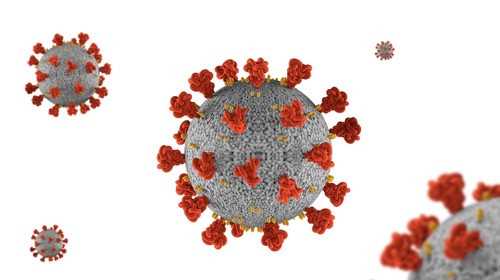
In a public statement released last week, nine national organizations highlighted the pains COVID-19 inflicted upon the world in general and already historically marginalized populations in specific and pressed for strategies to improve crisis standards of care, along with equity.
“The prospect of once again facing decisions about whether to transition to crisis standards of care (CSC) calls for action now, while a relative lull in cases allows stakeholders to plan thoughtfully for such decisions,” the signatories wrote. “This is especially important in light of painful lessons the pandemic has taught about the need for clarity and consistency across institutions and jurisdictions about invoking CSC and the disproportionate impact COVID-19 has had on historically minoritized and marginalized populations. Going forward, addressing equity must be recognized as a vital consideration for refining and deploying CSC. The challenge of CSC that are not sensitive to issues of equity can be compounded when they are put into practice through processes that similarly fail to embed considerations of equity.”
Signatories included the National Academy of Medicine, Johns Hopkins Center for Health Security, American Association of Colleges of Nursing, American Hospital Association, American Medical Association, American Nurses Association, American Organization for Nursing Leadership, Association of American Medical Colleges, and the National League for Nursing.
All agreed that the COVID-19 pandemic is not over and that future epidemics could raise the same crisis of care issues currently being experienced without proper attention. COVID-19 disproportionately struck already marginalized communities, the organizations attested, which demands system-wide actions to change and improve the health care system and communities.
“The best time to address crisis of care issues is now,” Johns Hopkins wrote in a separate statement. “Failure to capitalize on this opportunity means the continuation of a fractured system that could do much more to protect both patients and providers in times of crisis.”
Specifically, among other things, the organizations called for:
- Ensuring health care facilities in given areas have common indicators and agreed-on crisis thresholds in terms of both staffing and decisions
- Effective communication about what to expect when crisis thresholds are reached
- Strategies to “load-balance” patients and resources regionally to avoid triage decisions
- Briefing local officials on response plans and providing situational updates
- Understanding what liability protections are provided by the state and federal laws
- Ensuring any provider facing uncomfortable allocation decisions has a designated point of contact to obtain immediate expert advice and a channel to raise the issue
- Keeping health care staff informed and providing them with support, rest, behavioral health resources, and monitoring for adverse personal impacts.




